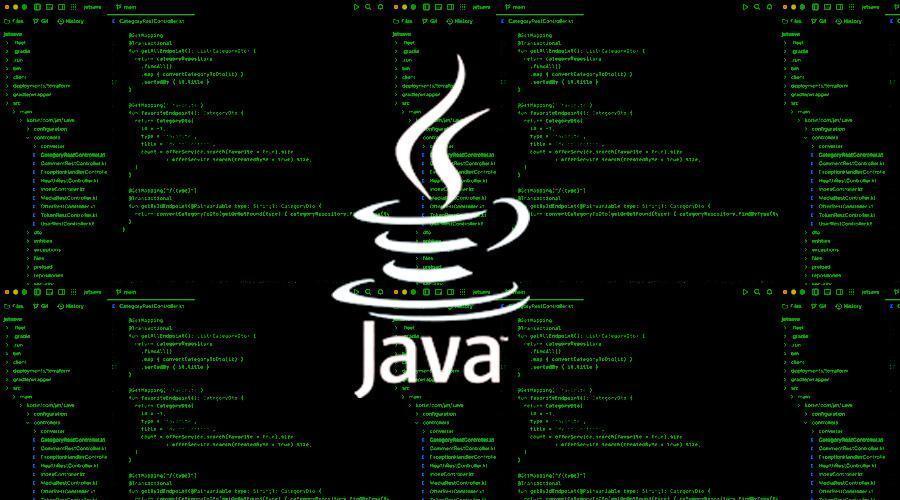Introduction
In the fast-paced world of software development, few languages have left as profound a mark as Java. Since its inception more than two decades ago, Java has emerged as a cornerstone of modern programming, empowering developers to create a vast array of applications, from simple desktop tools to complex enterprise solutions and web-based services. Its adaptability, portability, and rich ecosystem have made Java a favorite among developers, propelling it to the forefront of the tech industry. Java classes in Pune has certification program. In this article, we explore the key aspects that have contributed to Java's prominence and its continued relevance in the ever-evolving landscape of software development.
1. Platform Independence: "Write Once, Run Anywhere"
Java's platform independence is one of its most remarkable attributes. This concept, often referred to as "Write Once, Run Anywhere" (WORA), allows developers to write code once and run it on any platform with a compatible Java Virtual Machine (JVM). The JVM acts as an intermediary between the code and the underlying operating system, enabling seamless execution on various platforms, including Windows, macOS, Linux, and more. This characteristic has been pivotal in driving Java's popularity, as it offers unparalleled versatility and accessibility, making Java applications highly portable and reducing development and deployment complexities.
2. Object-Oriented Programming (OOP) Paradigm: Modularity and Reusability
Java's design is rooted in the object-oriented programming (OOP) paradigm, which has contributed significantly to its success. By emphasizing modularity and reusability, OOP allows developers to break down complex applications into smaller, manageable classes and objects. Encapsulation, inheritance, and polymorphism are fundamental principles of OOP that enable clean code organization, easier maintenance, and improved code extensibility. This approach has proved invaluable, especially for large-scale projects, where it streamlines development and fosters collaborative coding practices.
3. Extensive Standard Library and Robust Ecosystem
Java's standard library provides developers with a rich set of pre-built classes and APIs, offering solutions to common programming tasks. From basic data structures and file handling to networking and multithreading, the standard library simplifies the implementation of various functionalities, saving developers time and effort. Additionally, Java's thriving ecosystem boasts an extensive range of third-party libraries, frameworks, and tools. The Spring Framework, Hibernate, Apache Maven, and many others have emerged as pillars of the Java ecosystem, facilitating rapid application development and ensuring the language's adaptability to diverse requirements.
4. Strong Community Support and Continuous Evolution
The Java community plays a crucial role in shaping the language's future. Through the Java Community Process (JCP), developers, businesses, and stakeholders actively contribute to the evolution of Java and its associated technologies. Regular updates and new Java Development Kit (JDK) versions bring in modern features, performance improvements, and security enhancements, ensuring Java remains at the cutting edge of software development. This collaborative spirit fosters innovation and allows Java to keep pace with emerging trends and challenges in the industry.
5. Java's Role in Enterprise Solutions
Java Enterprise Edition (Java EE), now known as Jakarta EE, caters to the development of enterprise-level applications. Equipped with features like servlets, JavaServer Pages (JSP), and Enterprise JavaBeans (EJB), Java EE provides developers with the tools to create robust, scalable, and secure solutions for complex business requirements. The evolution of Jakarta EE under the Eclipse Foundation's stewardship ensures the continued growth and support of enterprise Java technologies.
Conclusion
Java's enduring legacy in the world of software development is a testament to its flexibility, reliability, and adaptability. As technology continues to progress, Java remains poised to face new challenges and embrace emerging paradigms. Its platform independence, adherence to OOP principles, extensive standard library, strong community support, and focus on enterprise solutions have made Java a go-to language for developers around the globe. In the dynamic landscape of software development, Java remains a steadfast pillar, empowering the present and shaping the future of the digital world.
for more Java training in Pune


